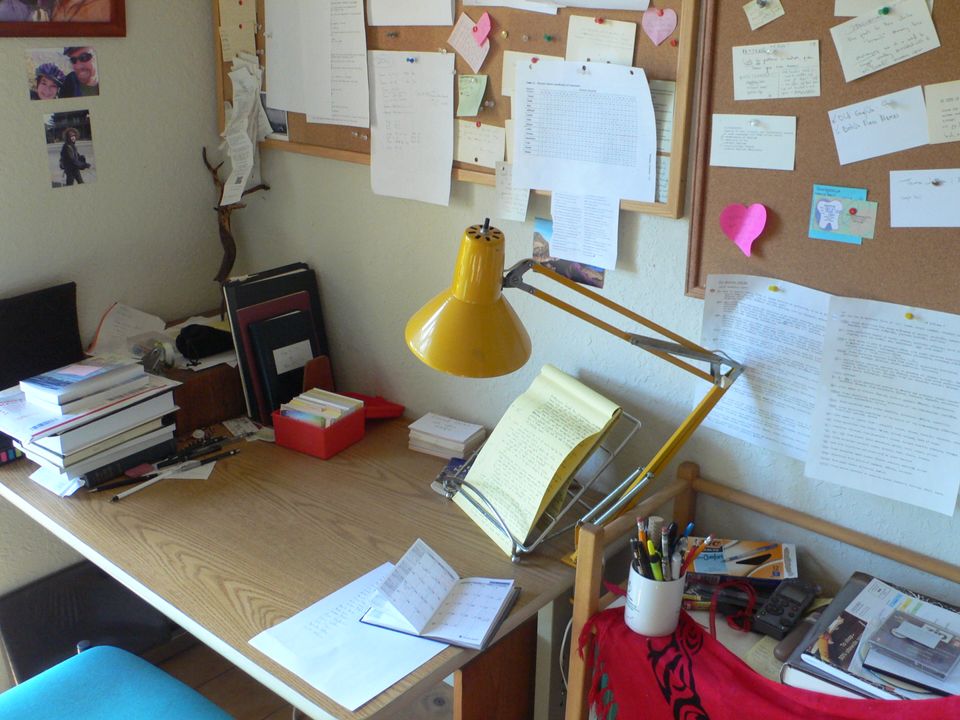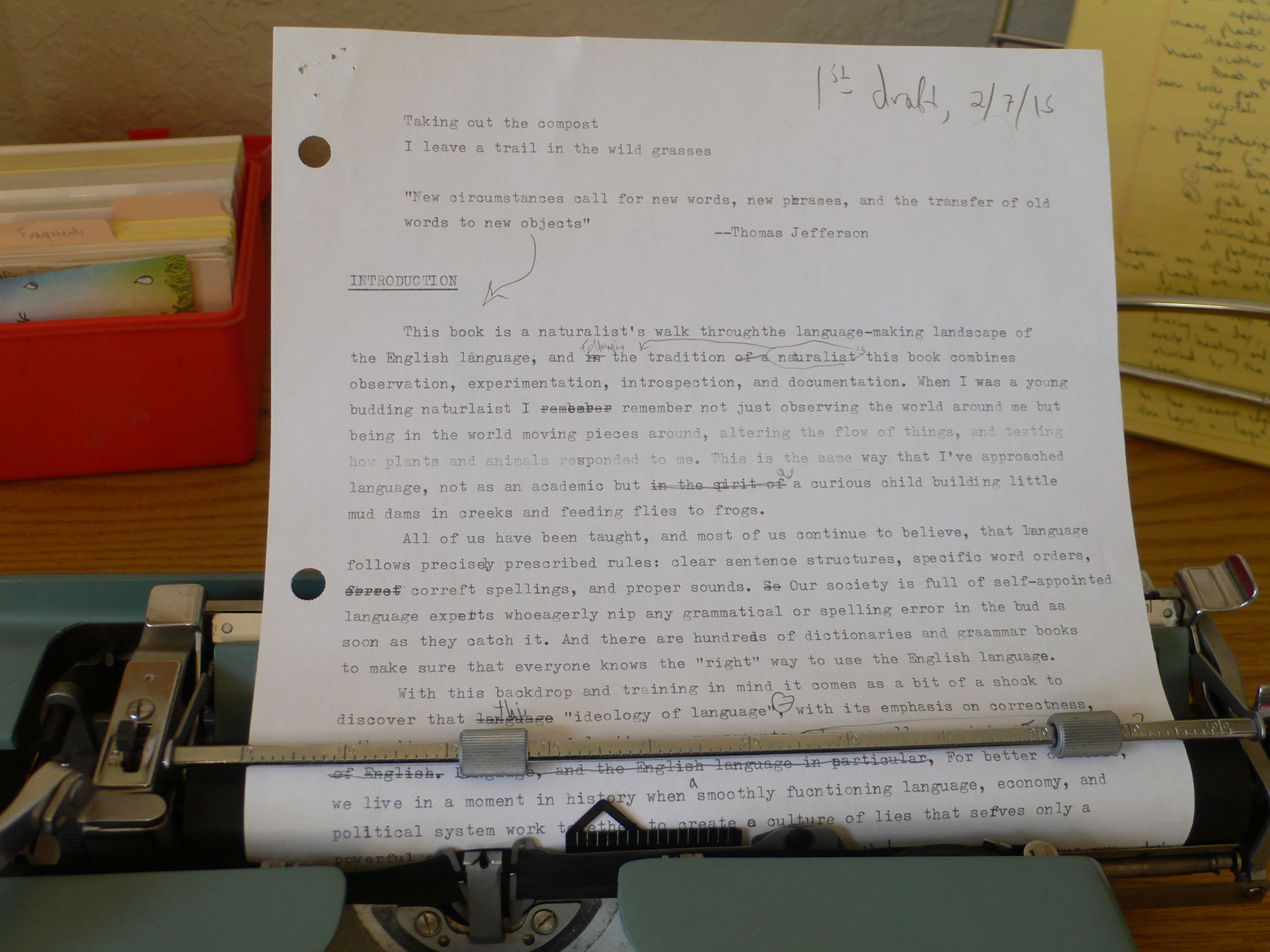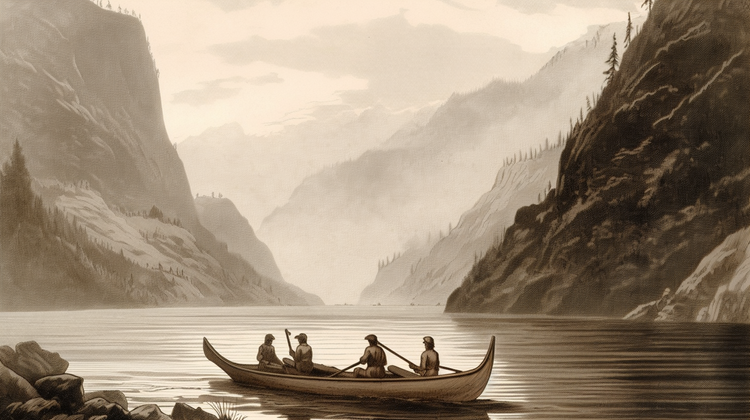Finding Words

When I launched this newsletter, I decided I wanted to focus on the two themes I am most passionate about—nature and language. This may seem like an odd choice, but in my mind these two themes are inextricably linked.
By way of explanation, I grew up memorizing the scientific names of plants and animals; and learning that words can be built from Greek and Latin roots felt like magic to me. As I got older and continued studying the natural world, I started realizing there were many experiences, sensations, and feelings connected to nature that were not being named and talked about. This got me wondering why we weren't naming those things in the same way we were naming plants and animals.
These two experiences prompted me to spend four years intensely studying the history, pieces, and processes that have gone into shaping the English language; and then I wrote a book called Language Making Nature that explores how and why we can create new words for speaking of the natural world.

I understand that many of you following this newsletter already know my book, so I suspect you share my love for words and nature. Therefore, my goal for this newsletter is to present a range of fascinating nature topics while also continuing this conversation about language.
One of the most compelling insights I gained from writing my book is that whoever comes up with new words controls the dialogue of our time. Think about how often we talk about iPhones, ChatBots, or the internet; all made-up words that dominate our conversations.
It's critical that we name the values and dreams that matter to us so they can be part of the conversation.
After studying the English language, and realizing how malleable it is, my suggestions are to be fearless with inventing new words, new spellings, and new ways of combining pieces of words into new shapes. This is especially true when we talk about nature, which is wild and unruly, and deserves a language to match its character.
We are all taught, and continue to believe, that language must obediently follow precisely prescribed rules, but we also forget that language is meant to be a playful, ever-shifting creation that all of us can participate in shaping.

Most people don't realize this, but once the shape and definition of a word is locked in place that word becomes mundane and familiar and begins to lose its magic-making power.
Do we want the words we use for the natural world, or for the values that matter to us, to feel stale and lifeless?
What keeps words alive and fresh is when words do something unexpected—and surprise us again.
Personally, I want words to be as vibrant, and alive with energy, as the natural world I love so much. In future newsletters I look forward to sharing ideas on how we can do this.


Member discussion